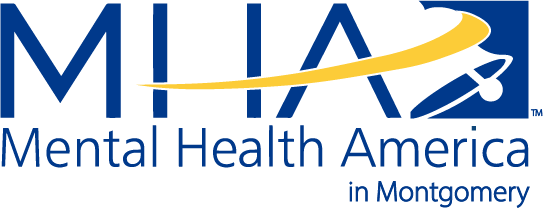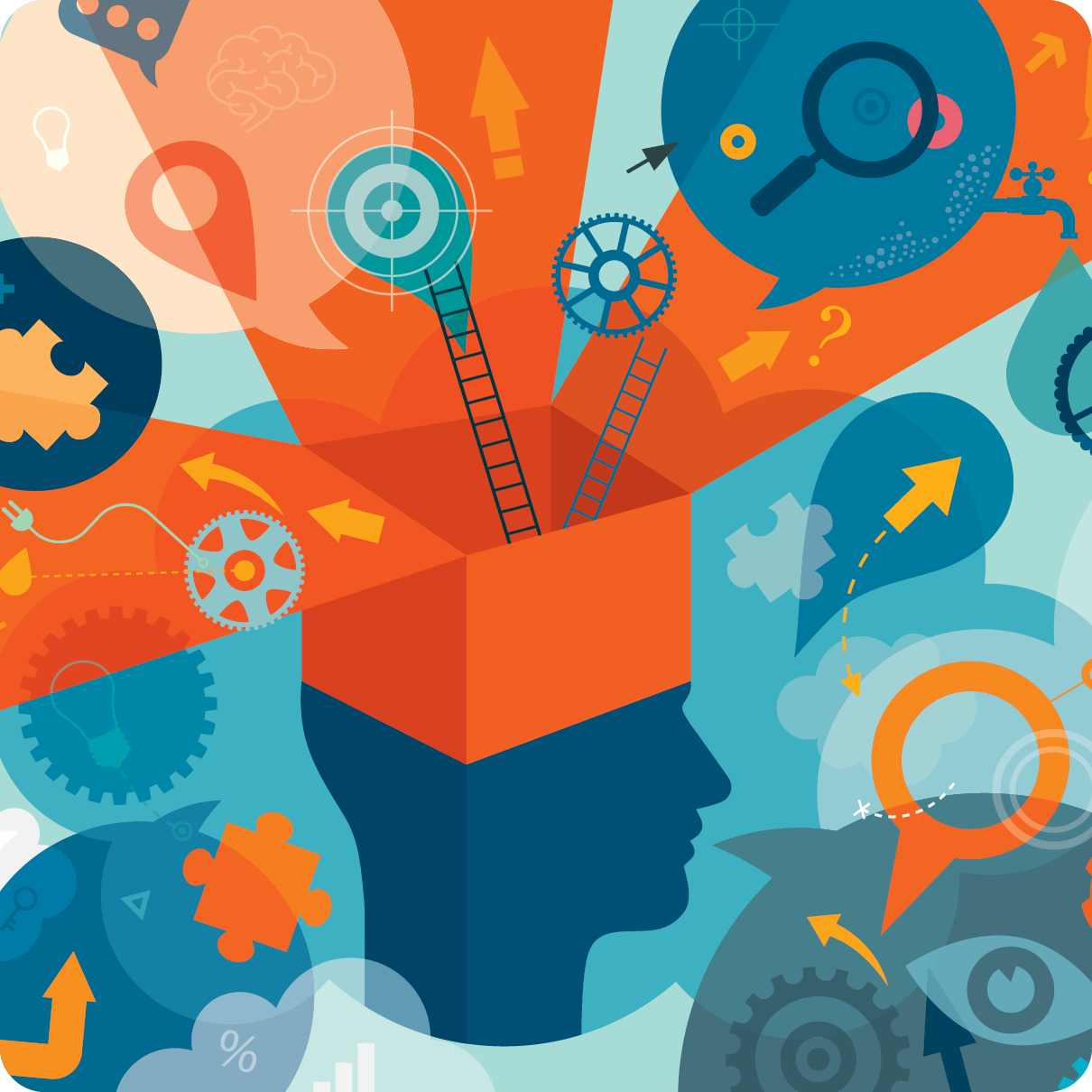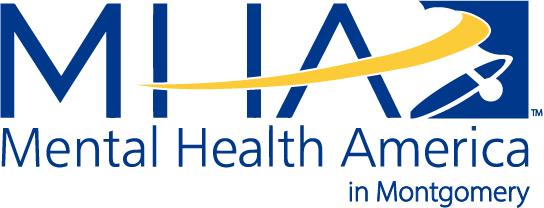About Us
Service, Education, and Advocacy
We are committed to promoting mental health as a critical part of overall wellness.


Who We Are
Mental Health America in Montgomery (MHA-M), a local affiliate of Mental Health America, is concerned with all aspects of mental illness and mental health. Mental Health America, our national organization, is the nation’s leading community-based nonprofit. It was founded in 1909 by Clifford W. Beers, a former mental patient and author of A Mind That Found Itself. Today, Mental Health America is dedicated to addressing the needs of those living with mental illness and promoting the overall mental health of all Americans.
Our History
In 1951, representatives for the American Association of University Women, Council for the Coordination of Community Services, Junior League, League of Women Voters, PTA and the Council of Jewish Women met at the Whitley Hotel and formed a society for the promotion of mental health, which became one of the first nonprofits in Alabama.
Its Board met at the Carnegie Library (now used as a City of Montgomery office) until it had its first permanent home at 731 King Street in 1953. At that time, the Society had a membership of 91 members and an annual budget of $2,620. Memberships were available for $1.00 per year. Mrs. Oscar Tate (Alice) was hired as the first executive director on a part time basis.
1956
Moved to 500 S. Hull St. and received first United Way allocation in the amount of $12,000.
1959
Signing of documents of incorporation and began renting the property at 1116 S. Hull St.
1964
Started the Open Door Club and the Friendship club support programs.
1973
Started a Capital improvement campaign program.
1974
Completed renovations of 1116 S. Hull St.
1986
Paid off mortgage of 1116 S. Hull St.
Education, Advocacy, and Referrals
While the Association felt from its inception that its primary responsibilities were in the areas of education, advocacy, and referrals, it has also been sensitive to the direct service needs of the community. The Association has been a driving force in the initiation of many new facilities. Once established, these were encouraged to stand on their own or become part of a direct service facility.
Examples of organizations advocated for by MHA-M are:
MHA-M Today
With the growth of mental illness and its awareness, the Association recognized that community support services are vital to people recovering from mental illness and to their success in community living.
To this day, our staff continues to provide psychosocial programs and activities designed for socializing and fun and to meet these members’ needs for learning basic life skills and to support the value of art as a therapeutic tool. Members have also felt the joy of gardening, including planting seeds in the ground, tending them, watching them grow into plants, picking and cooking them, and sitting down to a table laden with the fruits of their labor.
These are only a few of the many activities and programs provided by MHA in Montgomery in our efforts to provide opportunities for mental health recovery and wellness.


